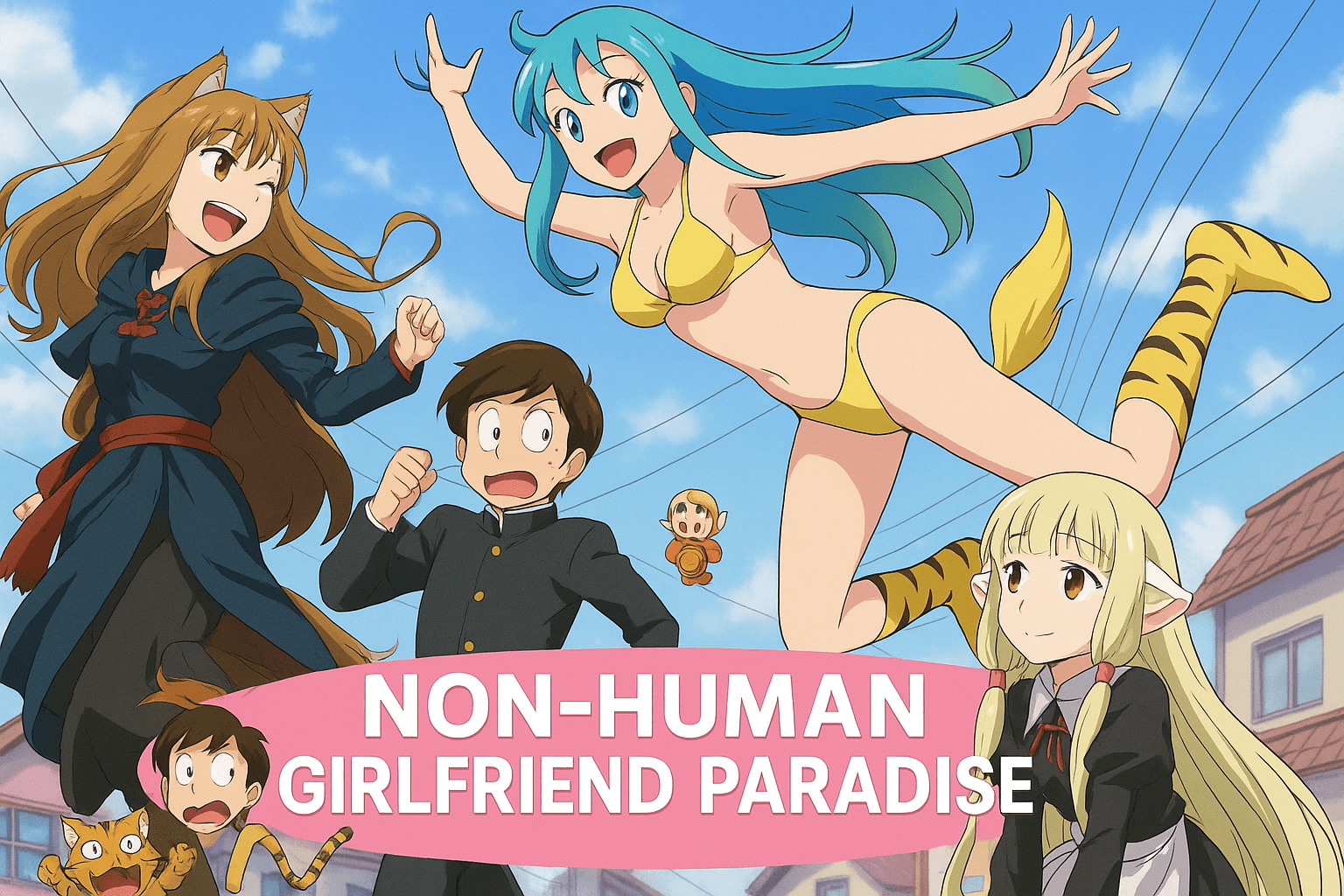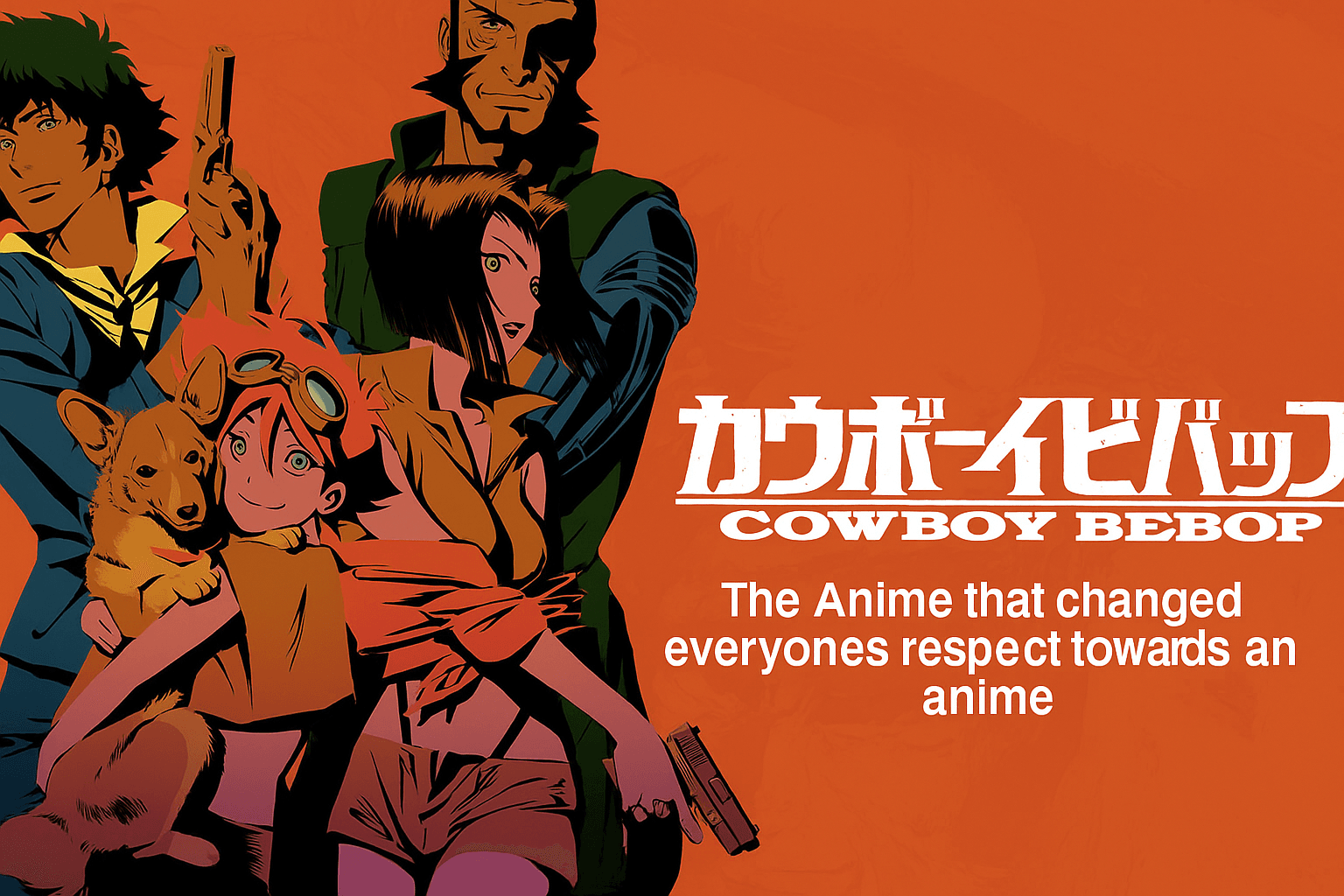Why Naruto Reigns as the Greatest Ninja Anime and Boruto Struggles to Match It
September 7, 2025 | by Haku

Many fans and critics hail Naruto as the pinnacle of ninja anime, praised for its emotional depth, intricate world-building, and timeless themes of perseverance, redemption, and breaking cycles of hatred. Generations of viewers have been influenced by its powerful storytelling.
Evidence consistently highlights Naruto’s superior character arcs, particularly the protagonist’s journey from outcast to hero, which remains one of the most relatable and inspiring shonen arcs ever created. Likewise, Naruto’s villains, such as Pain and Itachi, are widely regarded as masterpieces of moral complexity, embodying the flaws of the shinobi world.
In contrast, Boruto: Naruto Next Generations often struggles to capture the same magic, with criticisms aimed at its filler-heavy anime, pacing issues, and its tendency to nerf legacy characters like Naruto and Sasuke.
Click below to watch
Naruto Shippuden
Boruto: Next Generations
The Hallmarks of Naruto’s Excellence
What makes Naruto truly exceptional is its seamless ability to blend high-stakes action with heartfelt moments.
The story follows Naruto Uzumaki, a lonely boy shunned by his village because of the Nine-Tails fox sealed within him, as he chases his dream of becoming Hokage. His journey is more than physical training—it’s about inner growth, resilience, and forging bonds.
- The Chunin Exams arc shines with strategic ninja battles, rivalries, and surprising underdog victories.
.
- The Pain Invasion arc elevates the series into deep philosophy, asking hard questions about peace, war, and revenge.
.
- Naruto’s mantra, “I never go back on my word,” resonates as a universal lesson on perseverance and determination.
.
Unlike many shonen, Naruto emphasizes emotional intelligence over raw strength, making it a timeless and relatable story.
Boruto’s Key Shortcomings
While Boruto attempts to continue the legacy, it often feels like a shadow of Naruto.
- Protagonist flaws: Boruto begins as a spoiled prodigy, lacking the struggles and relatability that defined Naruto.
.
- Villains: Instead of morally complex antagonists, Boruto leans on Otsutsuki gods and cyborg enemies that weaken the shinobi essence.
.
- Power scaling: Naruto and Sasuke, once near invincible, are nerfed, frustrating long-time fans.
.
- Storytelling issues: Heavy reliance on fillers in the anime and rushed developments in the manga, hinder emotional investment.
The shift from grounded ninja struggles to cosmic threats leaves Boruto disconnected from the core ninja identity that made Naruto great.
Cultural Impact and Legacy
The cultural footprint of Naruto is unmatched. It became a global phenomenon, inspiring:
- Cosplay communities
.
- Video games (like Ultimate Ninja Storm)
.
- Memes and motivational life lessons
.
- Countless discussions on the cycle of hatred and redemption
.
By contrast, Boruto’s cultural impact is weaker, often criticized as relying too heavily on Naruto’s fame rather than establishing itself.
Naruto’s enduring legacy cements it as not only the best ninja anime, but also a cultural touchstone in global entertainment.
Naruto vs Boruto: A Comparison Table
| Aspect | Naruto | Boruto |
|---|---|---|
| Protagonist Journey | From outcast to hero through bonds & hard work; deeply relatable. | Starts as spoiled prodigy; growth feels forced. |
| Villains | Complex, tied to flaws of shinobi world (e.g., Itachi, Pain). | Mostly alien gods/cyborgs; shallow motives. |
| World-Building | Rich with villages, clans, chakra, and human conflict. | Focus on tech & aliens; disjointed lore. |
| Emotional Depth | Strong arcs of loss, redemption, and perseverance. | Diluted by fillers & rushed storytelling. |
| Fights | Strategic, innovative, emotional. | Flashy, inconsistent power scaling. |
| Pacing | Balanced arcs; flashbacks enhance depth. | Heavy fillers; manga rushes key arcs. |
| Cultural Impact | Global phenomenon, reshaped shonen anime. | Dependent on Naruto’s fame; mixed reception. |
Deeper Dive into Naruto’s Storytelling Genius
- Land of Waves Arc: Introduces gray morality with Zabuza & Haku, showing ninjas as humans, not tools.
.
- Sasuke Retrieval Arc: Highlights teamwork, sacrifice, and friendship’s importance.
.
- Akatsuki Saga: Each villain critiques war, revenge, and systemic failure.
.
- Pain’s Invasion: Naruto chooses forgiveness over vengeance, embodying peace.
.
- Fourth Great Ninja War: A grand culmination of legacy, sacrifice, and unity.
.
Each arc balances philosophy, action, and emotional catharsis, something Boruto rarely achieves.
Conclusion: Why Naruto Remains the Gold Standard
Ultimately, Naruto endures because it is authentic, rooted in human struggle and resilience. Its characters are relatable, flawed, yet inspiring, and its villains challenge us to reflect on morality, war, and peace.
While Boruto entertains and experiments, it struggles with identity, pacing, and depth. Naruto stands tall as the greatest ninja anime of all time, leaving a legacy that no sequel can overshadow.
RELATED POSTS
View all


